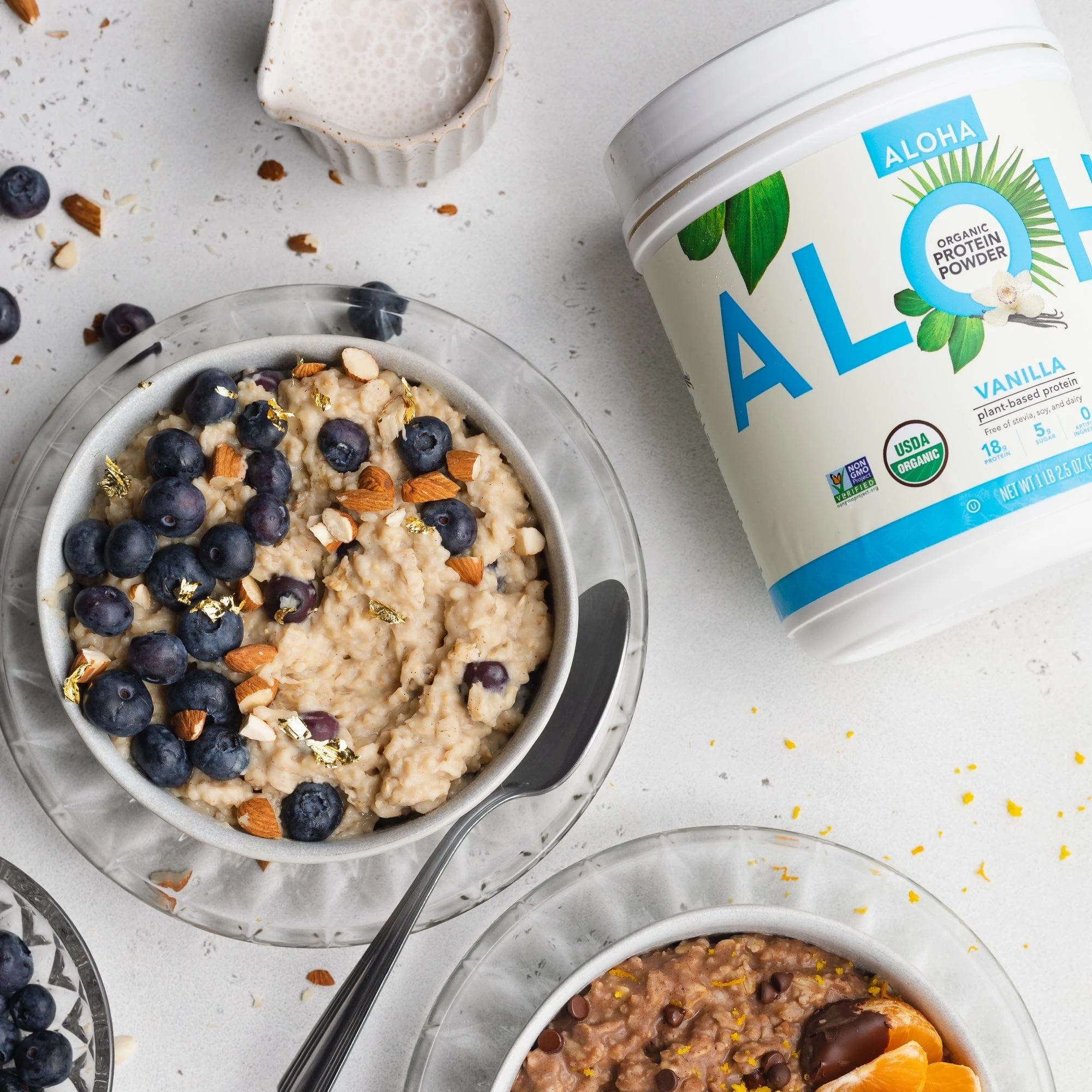Protein vs Carbs for Muscle Gain: The Ultimate Comparison


When it comes to supporting your wellness journey and feeling your best, understanding how different nutrients work together can make all the difference. Whether you’re looking to build lean strength naturally or simply want to fuel your active lifestyle, the relationship between protein and carbohydrates plays a key role in helping you reach your goals.
This guide breaks down how these essential macronutrients support muscle health, energy, and overall wellness — and how you can create a balanced routine that fits your lifestyle.
Macronutrients are the nutrients your body needs in larger amounts — protein, carbohydrates, and fats — each serving a specific purpose in your overall nutrition plan. Understanding how they interact helps you maintain energy, recover effectively, and support lean muscle maintenance.
Protein acts as the building block of muscle tissue. When you consume protein, your body breaks it down into amino acids that help repair and maintain muscle fibers after daily activity.
For most active adults, about 0.8 to 1.2 grams of protein per kilogram of body weight per day supports healthy muscle maintenance. Consistent intake throughout the day keeps amino acid levels stable, allowing steady recovery and development.
Plant-based proteins are an easy, digestion-friendly option that align with a balanced wellness approach.
👉 Explore clean, organic options in the ALOHA Protein Collection for simple ways to meet your daily needs.
Carbohydrates are your body’s primary fuel source, especially during exercise. They’re stored as glycogen in your muscles and liver, providing quick, reliable energy when you need it most.
For active individuals, carbohydrates:
Power your workouts and sustain focus
Replenish glycogen stores post-exercise
Help shuttle amino acids into muscle tissue when paired with protein
Whole-food carbohydrates — fruits, vegetables, and whole grains — deliver sustained energy without the spikes from processed snacks.
A balanced approach often works best:
Protein: 25-30 % of total calories
Carbohydrates: 45-50 %
Healthy fats: 20-25 %
These aren’t strict numbers — adjust based on your energy levels and activity demands. Some people feel better slightly higher in protein; others thrive on more carbohydrates for endurance.
When protein and carbs are eaten together, they work synergistically: carbohydrates support nutrient delivery, while protein provides the materials for repair.
Extreme high-protein, low-carb diets can limit energy for workouts and slow recovery. A balanced intake typically produces better long-term wellness and performance results.
Combining adequate protein with quality carbohydrates:
Maintains steady energy
Supports consistent training output
Improves recovery and sustainability
For on-the-go balanced snacks, try ALOHA Organic Protein Bars — each blends plant protein with fiber-rich ingredients for clean energy.
After you eat:
Protein breaks down into amino acids that circulate for hours, fueling continuous tissue repair.
Carbohydrates replenish glycogen and help nutrients enter muscle cells efficiently.
This process functions best when you maintain steady intake — not just big doses once a day.
Before exercise: a small portion of easily digestible carbohydrates (like fruit or oats) helps you power through training.
After exercise: combine carbohydrates and protein within a few hours to optimize recovery — think a smoothie made with ALOHA Vanilla Protein Powder and banana, or a balanced meal with grains and veggies.
Rather than timing perfectly, aim for consistency. Include a source of quality protein and nutrient-dense carbohydrates at each meal or snack.
Examples:
Breakfast: oatmeal with nut butter and protein
Lunch: quinoa bowl with beans and veggies
Afternoon: ALOHA Protein Bar for clean energy between meetings
Dinner: plant protein with roasted vegetables and whole grains
This steady rhythm supports energy, focus, and ongoing muscle repair.
Calculate your needs based on body weight and activity level.
Fill the rest of your calories with wholesome carbs and healthy fats.
Track how you feel — energy, performance, and recovery guide fine-tuning.
Whole foods should make up most of your meals, while plant-based protein products help fill any nutritional gaps when convenience matters.
Protein repairs and maintains muscle.
Carbohydrates fuel performance and recovery.
Together, they sustain energy, strength, and progress.
Prioritize quality, balance, and consistency over perfection.
By combining nutrient-dense foods with clean, plant-based products like the ALOHA Protein Collection, you can support long-term wellness while feeling your best every day.